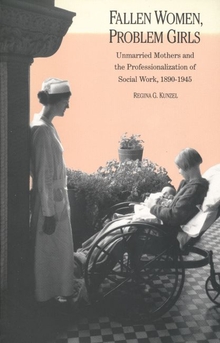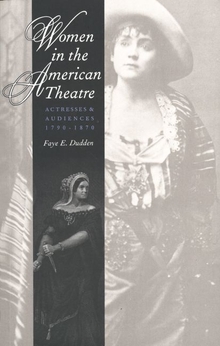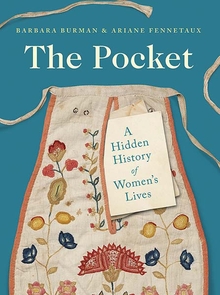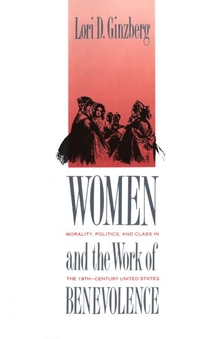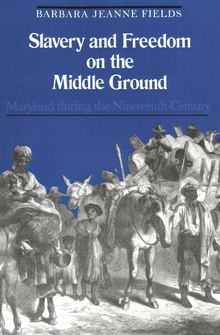Fallen Women, Problem Girls
WARNING
You are viewing an older version of the Yalebooks website. Please visit out new website with more updated information and a better user experience: https://www.yalebooks.com
Unmarried Mothers and the Professionalization of Social Work, 1890-1945
Regina G. Kunzel
Fallen Women, Problem Girls is a social and cultural history of out-of-wedlock pregnancy in the United States from 1890 to 1945. Kunzel analyzes how evangelical women drew on a long tradition of female benevolence to create maternity homes that would redeem and reclaim unmarried mothers. She shows how, by the 1910s, social workers struggling to achieve professional legitimacy tried to dissociate their own work from that earlier tradition, replacing the reform rhetoric of sisterhood with the scientific language of professionalism. By analyzing the important and unexplored transition from the conventions of nineteenth-century reform to the professional imperatives of twentieth-century social welfare, Kunzel offers a new interpretation of gender and professionalization. Kunzel places shifting constructions of out-of-wedlock pregnancy within a broad history of gender, sexuality, class, and race, and argues that the contests among evangelical women, social workers, and unmarried mothers distilled larger generational and cross-class conflicts among women in the first half of the twentieth century.
"Skillfully crafted and beautifully written, Fallen Women, Problem Girls is a tour de force. With a cast of reformers, social workers, and unmarried mothers, it brings sharp insight to the contests for cultural authority that helped shape our conceptions of gender and sexuality."—Joanne Meyerowitz, author of Women Adrift: Independent Wage Earners in Chicago, 1880-1930
"Fallen Women, Problem Girls is a first-rate piece of women's history, solidly researched, expertly organized, and elegantly written."—Peggy Pascoe, author of Relations of Rescue: The Search for Female Moral Authority in the American West, 1874-1939
"Engrossing. . . . The author's innovative perspective reformulates answers to old questions—questions about the decline of religious reform and the emergence of professionalism, the transformation of family values in response to urbanization and industrialization, and the meaning of the twentieth-century sexual revolution."—Regina Morantz-Sanchez, New York Times Book Review
"A wonderfully readable social history of the maternity home movement."—Beth Maschinot, In These Times
"The most satisfying framework for understanding the 'relationship between unmarried mothers as historical agents and as discursive figures, between unmarried motherhood as lived experience and as a constructed social problem'. . . . [An] innovative and elegantly written study."—Sherri Broder, Women's Review of Books
"[A] fascinating history of illegitimacy and maternity homes. . . . Highly recommended for scholars in social work, feminist studies, sociology, and social history."—Choice
"[Kunzel] provides a nuanced account of how the categories of gender, race, social class, and sexuality were tools employed in the political battle over the institutional and cultural meaning of illegitimacy and professionalism. . . . Makes an important contribution to the collective project of building a more specified theoretical understanding of professionalization that highlights its gendered nature. For that, she is to be strongly commended."—Kritin Kay Barker, American Journal of Sociology
"A useful addition to the growing body of information about how the dynamics of gender influenced women's work and welfare. It demonstrates the importance of writing gender into the historical record in order to illuminate both the past and present. At the same time, it considers matters of class and race, providing a balanced assessment of the development of social work and the services available to unmarried mothers."—Jay Kleinberg, American Studies
"An interesting and disturbing look at cultural shifts that we should consider as the issue of the unmarried mother once again takes the stage."—Carol Mattingly, Journal of American Culture
"Well-written and persuasively argued. . . . [Kunzel's] vivid and nuanced depiction of differences among women advances our understanding of the complex operations of gender, class, and race. . . . Historians of reform, professionalization, sexuality, and women will find this book essential reading. They and others will also find it a pleasure, thanks to Kunzel's supple prose and her unerring eye for the apt quotation."—Barbara Melosh, Journal of American History
"Regina G. Kunzel breaks new ground in her history of maternity homes for unmarried mothers from 1890 to 1945. She deftly demonstrates the centrality of gender to the culture of professionalism, the public discussion of sexuality and the development of welfare policy. . . . This excellent book serves as a model of scholarship"—Dee Garrison, Journal of Social History
"Kunzel must be applauded for providing a compelling and beautifully written history of maternity homes, social workers, and unmarried mothers."—Janet Golden, The Historian
"An important study. It adds to our understanding of both the changing discourse about single mothers and the predicament of women who found themselves pregnant out of wedlock in the early twentieth century."—Leslie J. Reagan, Journal of the History of Sexuality
"A fascinating, beautifully written book that explores the social and cultural history of unwed pregnancy and maternity homes. . . . This book is highly recommended to anyone curious about the historical antecedents of adoption, maternity homes and unplanned pregnancies."—Ellen S. Rardin, Adoption Quarterly
Publication Date: August 30, 1995
18 b/w illus.

